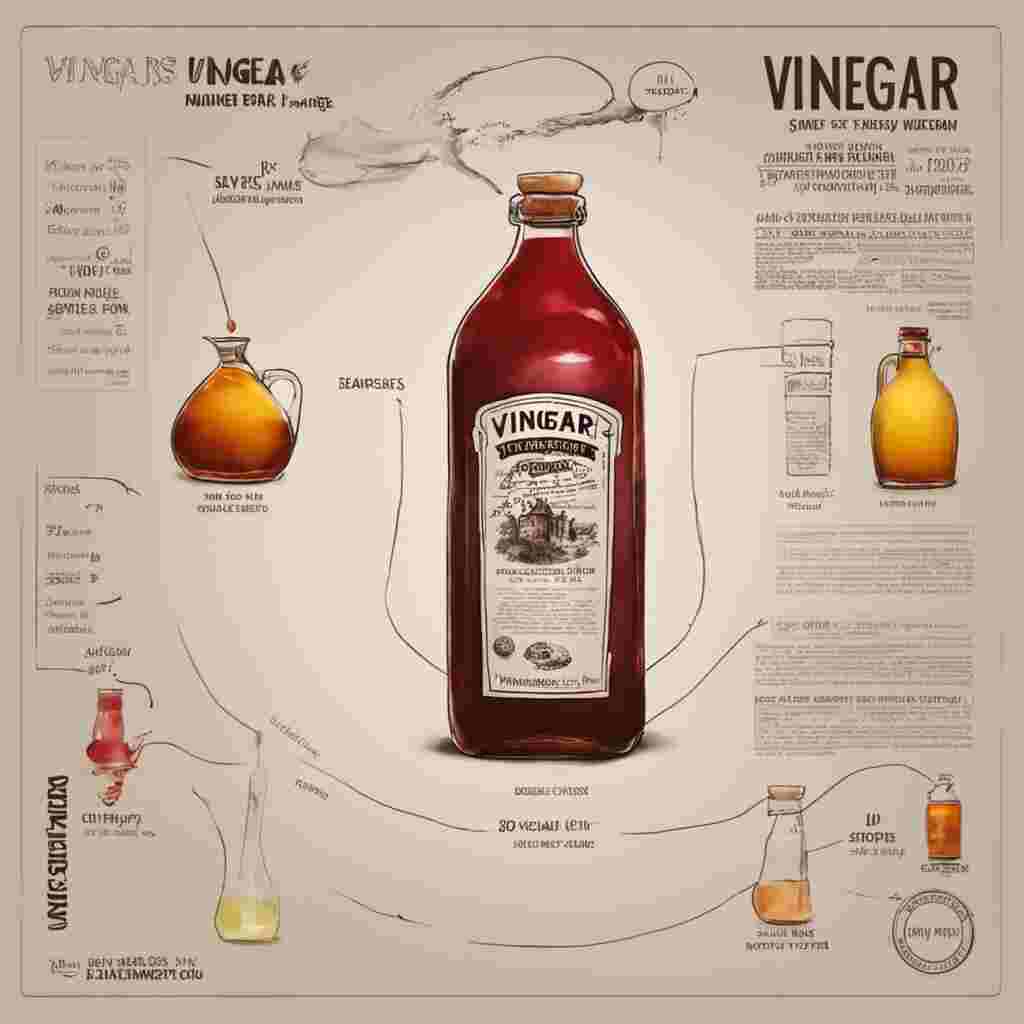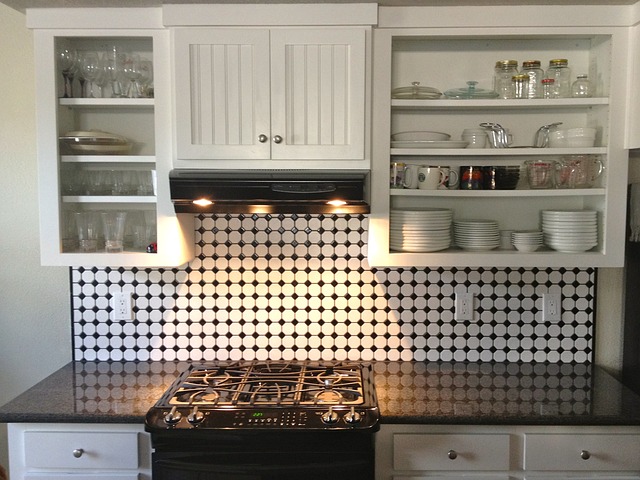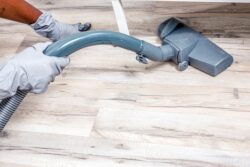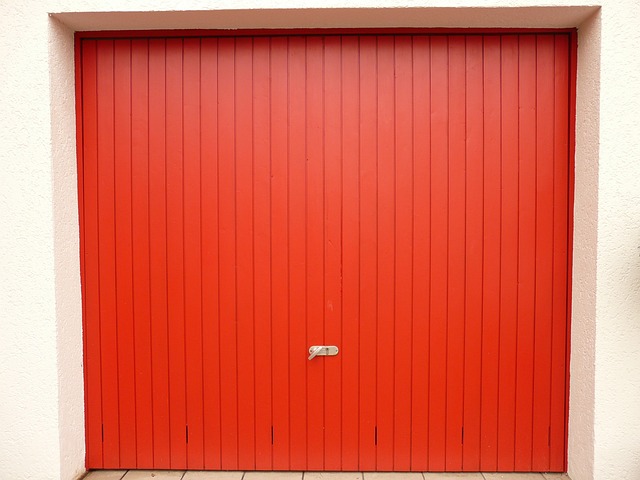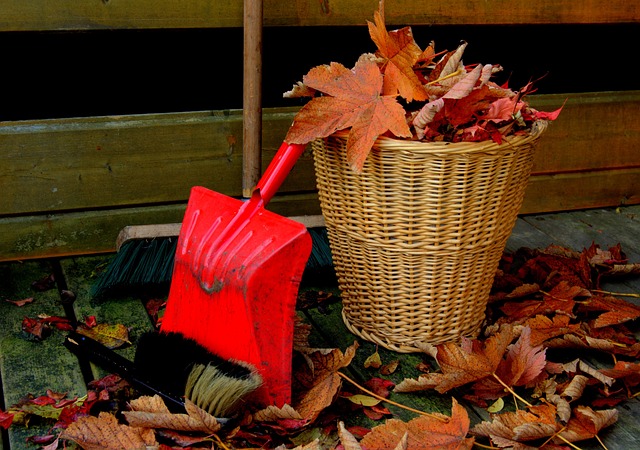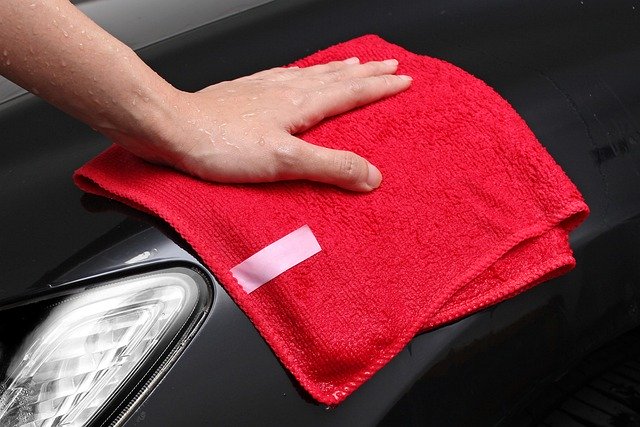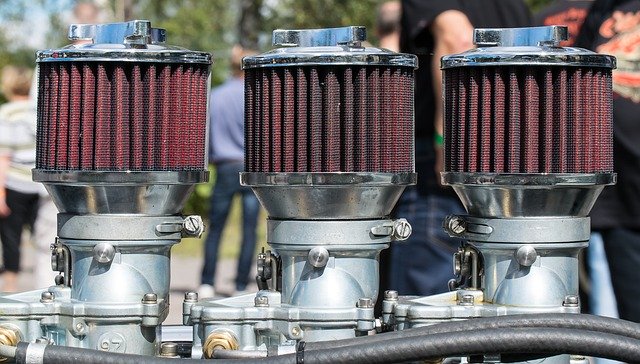Cleaning our homes is a necessary chore, but it doesn’t have to be a burden. Many people are turning to natural and eco-friendly cleaning solutions to keep their homes clean and safe for their families. Vinegar has gained popularity as a versatile cleaning agent due to its natural properties and affordability. In this blog post, we’ll explore the pros and cons of using vinegar for cleaning your home. From its effectiveness in tackling various cleaning tasks to potential drawbacks, we’ll delve into the topic and provide you with a well-rounded perspective.
The Pros of Using Vinegar for Cleaning
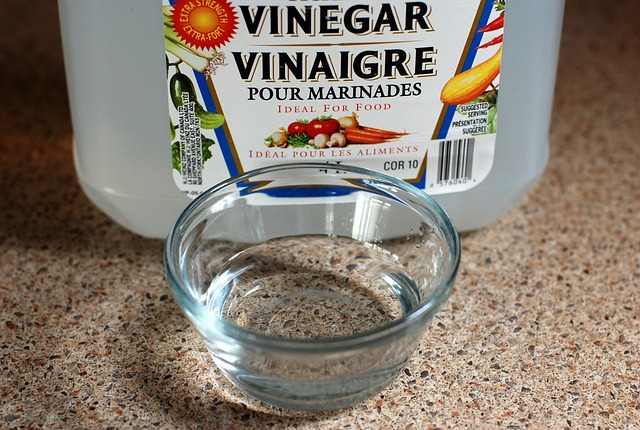
Vinegar offers several advantages when it comes to cleaning your home. Let’s take a closer look at the benefits:
Versatility
Vinegar is a multitasking cleaning agent that can be used in various areas of your home. It’s effective on multiple surfaces, including countertops, floors, windows, and appliances. You can use it to tackle grease, grime, mineral deposits, and even mildew. This versatility makes vinegar a handy cleaning solution that can replace multiple specialized products.
Natural and Non-Toxic
One of the most significant advantages of using vinegar for cleaning is its natural composition. Unlike many commercial cleaning products that contain harsh chemicals, vinegar is non-toxic and environmentally friendly. It doesn’t release harmful fumes that can irritate your respiratory system or contribute to indoor air pollution. Using vinegar ensures a safer environment for your family and pets.
Cost-Effective
When compared to specialized cleaning products, vinegar is incredibly cost-effective. A bottle of vinegar is significantly cheaper than purchasing multiple cleaning solutions for various tasks. Plus, a little vinegar goes a long way, as it can be diluted with water for most cleaning applications. By using vinegar, you can save money without compromising on cleanliness.
Antibacterial Properties
Vinegar possesses antibacterial properties that can help eliminate common household germs. Studies have shown that vinegar can be effective in killing bacteria like E. coli and Salmonella. However, it’s important to note that vinegar is not as potent as commercial disinfectants, so it may not be suitable for situations requiring high-level sanitization.
How to Choose the Right Cleaning Products for Your Home
Environmentally Friendly
If you’re conscious of the environmental impact of your cleaning routine, vinegar is an excellent choice. It is biodegradable and does not contribute to water pollution. By opting for vinegar, you can reduce your reliance on chemical-laden cleaning products that harm the environment and aquatic ecosystems.
The Cons of Using Vinegar for Cleaning
While vinegar has many benefits, it also has some drawbacks that you should consider before using it as your primary cleaning solution:
Vinegar Odour
One of the most common complaints about vinegar is its strong odour. Although the smell dissipates as it dries, some people find it unpleasant. If you’re sensitive to odours or have family members who are, using vinegar as a cleaning agent might not be ideal for you. However, you can minimize the smell by adding a few drops of essential oil to your vinegar cleaning solution.
Not Suitable for All Surfaces
While vinegar is safe for many surfaces, it can damage certain materials. Avoid using vinegar on natural stone surfaces like marble or granite, as its acidic nature can cause etching or dulling of the surface. Additionally, one of the cons of using vinegar for cleaning is that it can also strip the finish of certain hardwood floors. It’s essential to test vinegar on a small, inconspicuous area before using it on a larger scale.
Limited Disinfection Power
While vinegar has antibacterial properties, it may not be sufficient for all disinfection needs. It is not as effective as commercial disinfectants in killing certain pathogens, such as viruses or mould spores. If you require a high level of disinfection, such as in healthcare settings or during illness outbreaks, using vinegar alone may not provide adequate protection.
Staining Potential
Undiluted vinegar can potentially stain or discolour certain surfaces or fabrics. It’s crucial to dilute the vinegar with water according to the recommended ratios for different cleaning tasks. Additionally, it’s wise to avoid using vinegar on fabrics that are prone to colour bleeding or fading. Always check the manufacturer’s instructions before using vinegar on any surface or fabric.
Tips for Using Vinegar Effectively
To make the most out of vinegar as a cleaning agent, keep the following tips in mind:
- Dilute vinegar with water in the appropriate ratio for different cleaning tasks.
- Add a few drops of essential oil to your vinegar cleaning solution to mask the strong odour.
- Test vinegar on a small, inconspicuous area before using it on delicate or unfamiliar surfaces.
- For tough stains or mineral deposits, you can soak a cloth or sponge in vinegar and let it sit on the affected area for a few minutes before scrubbing.
- Consider using vinegar in combination with other natural ingredients, such as baking soda or lemon juice, for enhanced cleaning power.
Conclusion
Using vinegar for cleaning your home offers several benefits, including versatility, natural and non-toxic properties, cost-effectiveness, and antibacterial qualities. However, it’s essential to be aware of its limitations, such as the vinegar odour, potential surface damage, limited disinfection power, and staining potential. By understanding the pros and cons of using vinegar for cleaning your home, you can make an informed decision about incorporating vinegar into your cleaning routine. Remember to follow the tips for effective vinegar use, and enjoy the benefits of a cleaner and more eco-friendly home.





